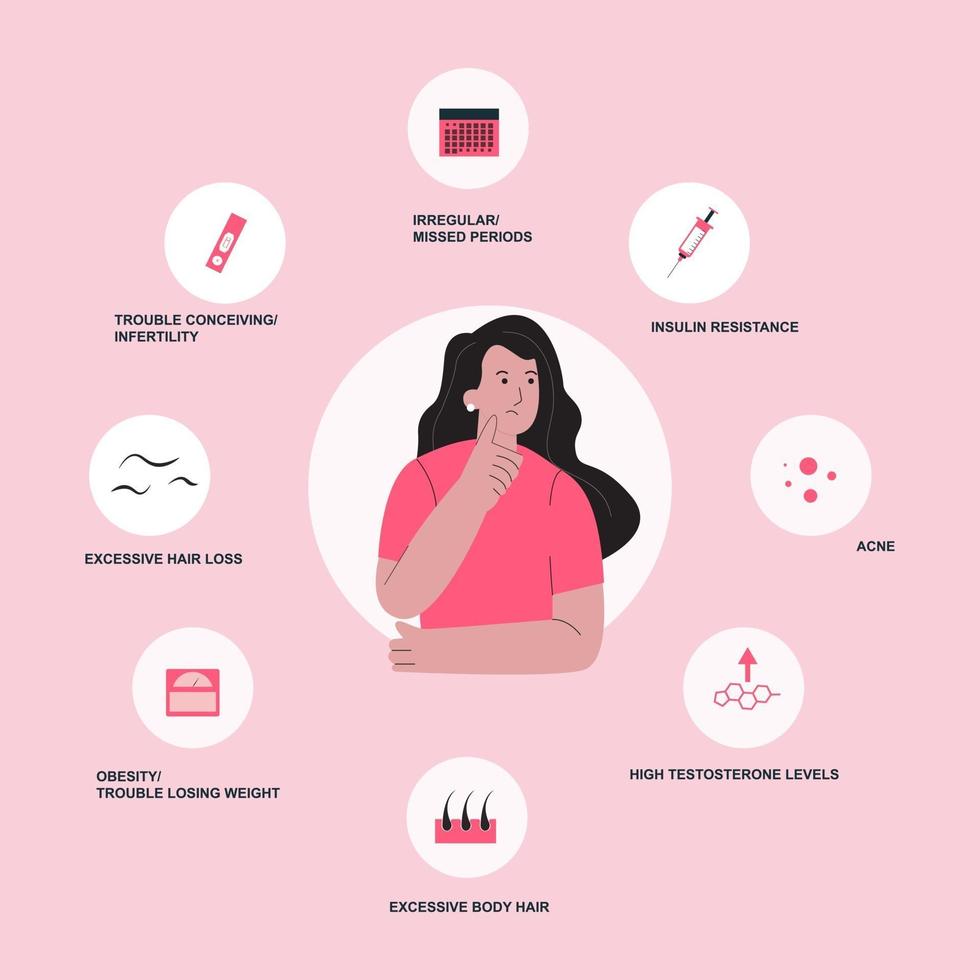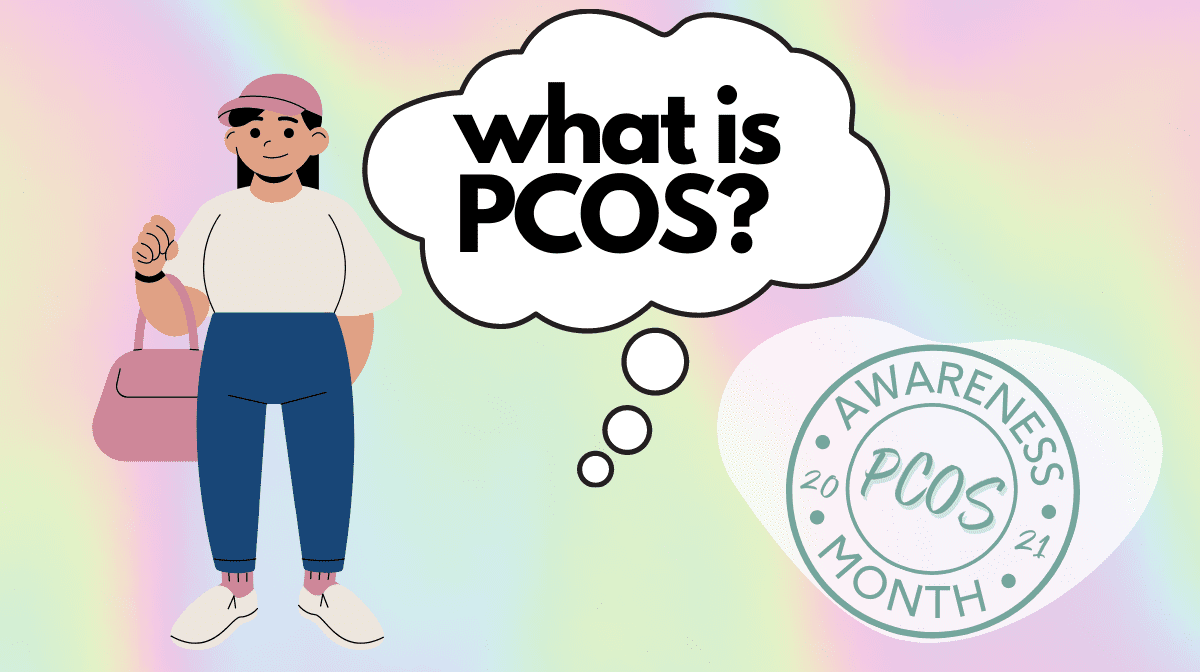
This month is PCOS (Polycystic Ovary Syndrome) awareness month - here's what you need to know.
What is PCOS?
Polycystic Ovary Syndrome is the most common endocrine (hormone) disorder worldwide, affecting 4 to 8% of women and the way their ovaries work, including around 5 million women in the US. However, many women with PCOS across the globe remain undiagnosed or misdiagnosed.
What causes PCOS?
There is no central cause to Polycystic Ovary Syndrome. Generally, it arises when the overproduction of androgens (‘male hormones’), such as testosterone occurs in the ovaries. Insulin plays a key role in this condition, as women with high levels of insulin in their blood tend to overproduce these androgens, leading to PCOS.
What are the symptoms of PCOS?
PCOS affects everyone in different ways, it is not universal. Symptoms include irregular periods, enlarged ovaries and excessive hair growth. Some women may struggle with weight gain, and an increased risk of developing health problems, such as Type 2 Diabetes and high cholesterol in later life. During diagnosis, healthcare professionals focus on these characteristics to determine the condition.

Recommended Treatment for PCOS?
If you are overweight or obese, it is believed a 5% weight loss by consuming a healthy, balanced diet can improve some of these symptoms associated with PCOS, especially if you have high insulin levels. Weight loss is challenging for women with Polycystic Ovary Syndrome, but it is not impossible. Overall, there is no ultimate cure but don’t lose hope. It can be managed and we’re here to help and support you on your weight loss journey!
How to lose weight with PCOS?
The two best things you can do when it comes to managing your weight when you have Polycystic Ovary Syndrome is to eat less carbs and eat more protein. Lowering your carb intake will help to lower insulin levels. High insulin levels are associated with increased body fat and weight gain. When you eat enough protein you will help stabilize your blood sugar and are more likely to feel full after you've eaten.
We’re here to help in raising awareness during the month of September, but let’s remember to spread awareness every month. You are not alone, together we will fight PCOS!
Why not try exanteweight loss shakes and drinks? Every product contains 3+ hours of hunger control!









